LawGPT - Legal Document Insight Tool
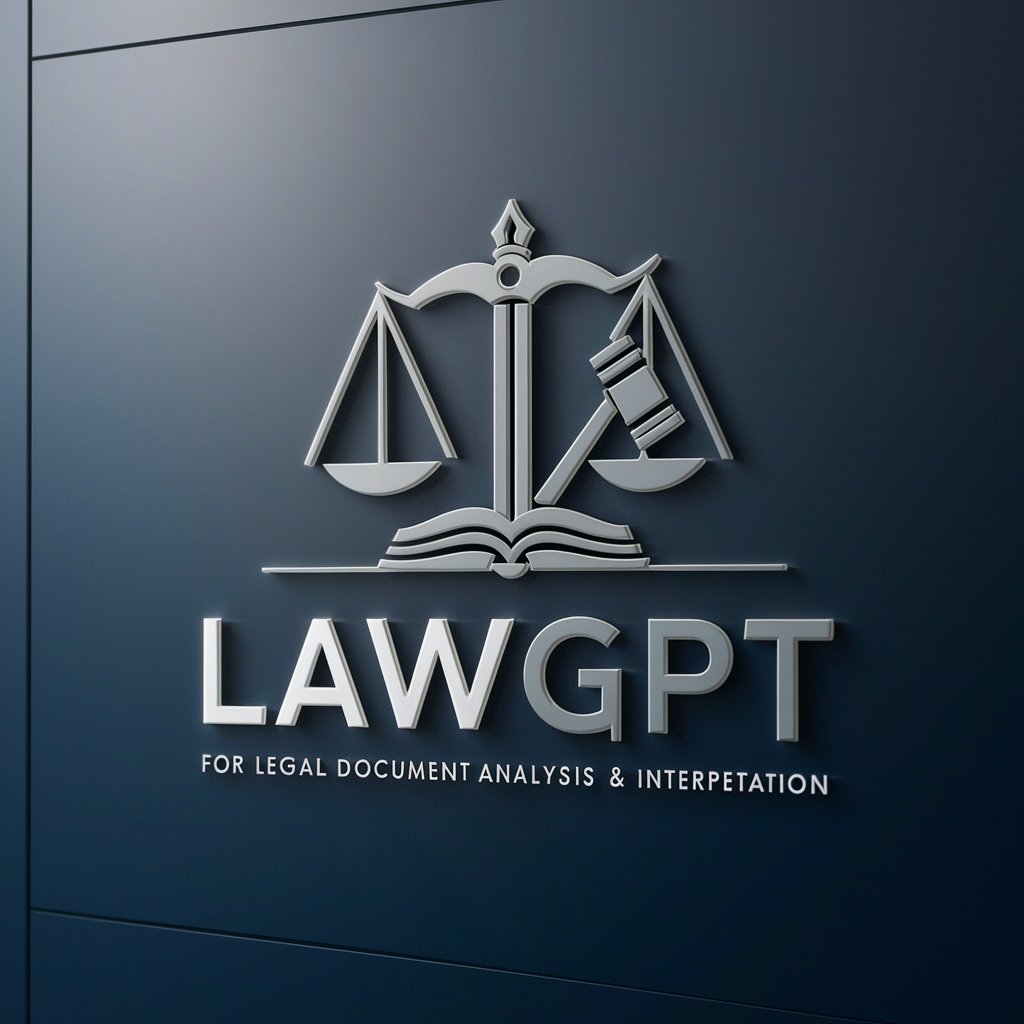
Welcome to LawGPT, your partner in legal document analysis.
Empowering Legal Understanding with AI
Analyze the key clauses in this contract...
Explain the legal implications of...
What are the main provisions of...
How does this legislation impact...
Get Embed Code
Overview of LawGPT
LawGPT is a specialized version of the ChatGPT model, tailored for analyzing and interpreting legal documents. Its core design is to assist in understanding complex legal texts, including contracts, legislation, and court decisions. By focusing on legal language, LawGPT identifies key clauses, explains legal concepts in layman's terms, and provides insights without personal opinions. It maintains a balance by offering differing interpretations of legal matters. LawGPT is particularly adept at dissecting contractual agreements, elucidating legislative provisions, and breaking down judicial rulings. For instance, in a contract review scenario, LawGPT can highlight crucial elements like termination clauses, liability limitations, and compliance requirements, explaining their implications in a straightforward manner. Powered by ChatGPT-4o。

Core Functions of LawGPT
Contract Analysis
Example
LawGPT can read through a service agreement and identify key terms such as payment clauses, service levels, and confidentiality obligations. It can also flag potential risks or unusual provisions.
Scenario
A small business owner reviewing a vendor contract.
Legislative Interpretation
Example
LawGPT can analyze a newly passed law and break down its requirements, exemptions, and penalties. It can also compare it to existing laws to highlight changes or conflicts.
Scenario
A nonprofit organization seeking to understand new tax legislation.
Judicial Decision Summarization
Example
LawGPT can summarize a court ruling, outlining the legal reasoning, key points of law, and the final judgment. It can also provide context by referencing related cases or legal principles.
Scenario
A law student studying landmark court cases.
Target User Groups for LawGPT
Legal Professionals
Lawyers, paralegals, and legal researchers can utilize LawGPT for preliminary document reviews, legal research, and gaining quick insights into complex legal matters.
Businesses and Entrepreneurs
Small business owners, startup founders, and corporate executives can leverage LawGPT for understanding contractual obligations, regulatory compliance, and risk assessment in legal documents.
Academics and Students
Law students, professors, and legal scholars can use LawGPT to explore legal theories, analyze case law, and assist in academic research and legal education.
Nonprofit Organizations
Nonprofit entities can benefit from LawGPT by navigating legal requirements for funding, understanding governance structures, and ensuring compliance with relevant laws and regulations.

Guidelines for Using LawGPT
Start Your Journey
Access LawGPT easily by visiting yeschat.ai, where a free trial is available without the need for login or subscribing to ChatGPT Plus.
Understand the Scope
Recognize that LawGPT specializes in legal document analysis, including contracts, legislation, and court decisions. It's not a substitute for professional legal advice.
Prepare Your Query
Formulate clear, specific legal questions or present legal texts for analysis. The more precise your query, the more accurate the insights.
Engage with Responses
Interact with the provided analyses, asking follow-up questions or for clarifications to deepen your understanding of legal concepts and their applications.
Apply the Insights
Utilize the insights for educational purposes, to inform decision-making, or to aid in legal writing and research, bearing in mind the tool's advisory role.
Try other advanced and practical GPTs
AceHub
Empowering Tasks with AI Assistance

BusinessMakerGPT
Crafting Your Business Success with AI
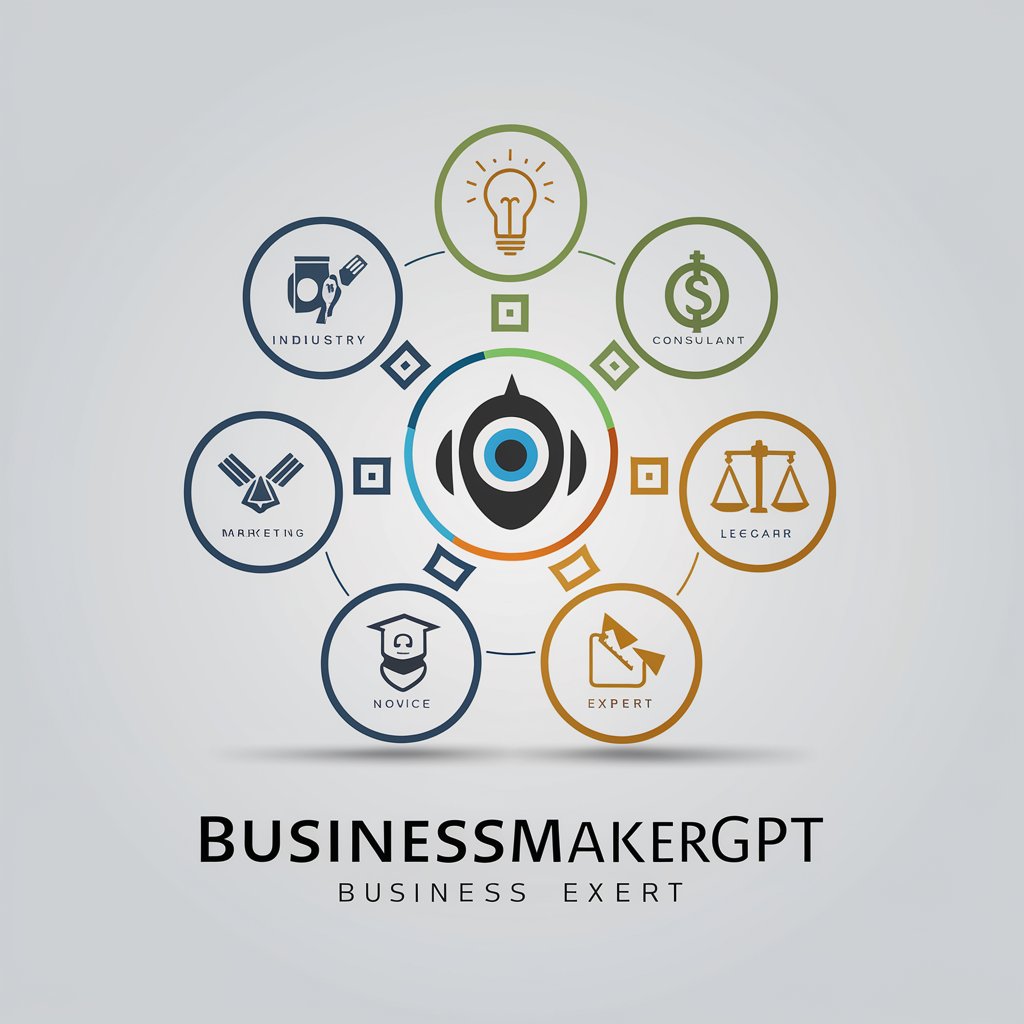
Legal Companion
Your AI-powered legal advisor
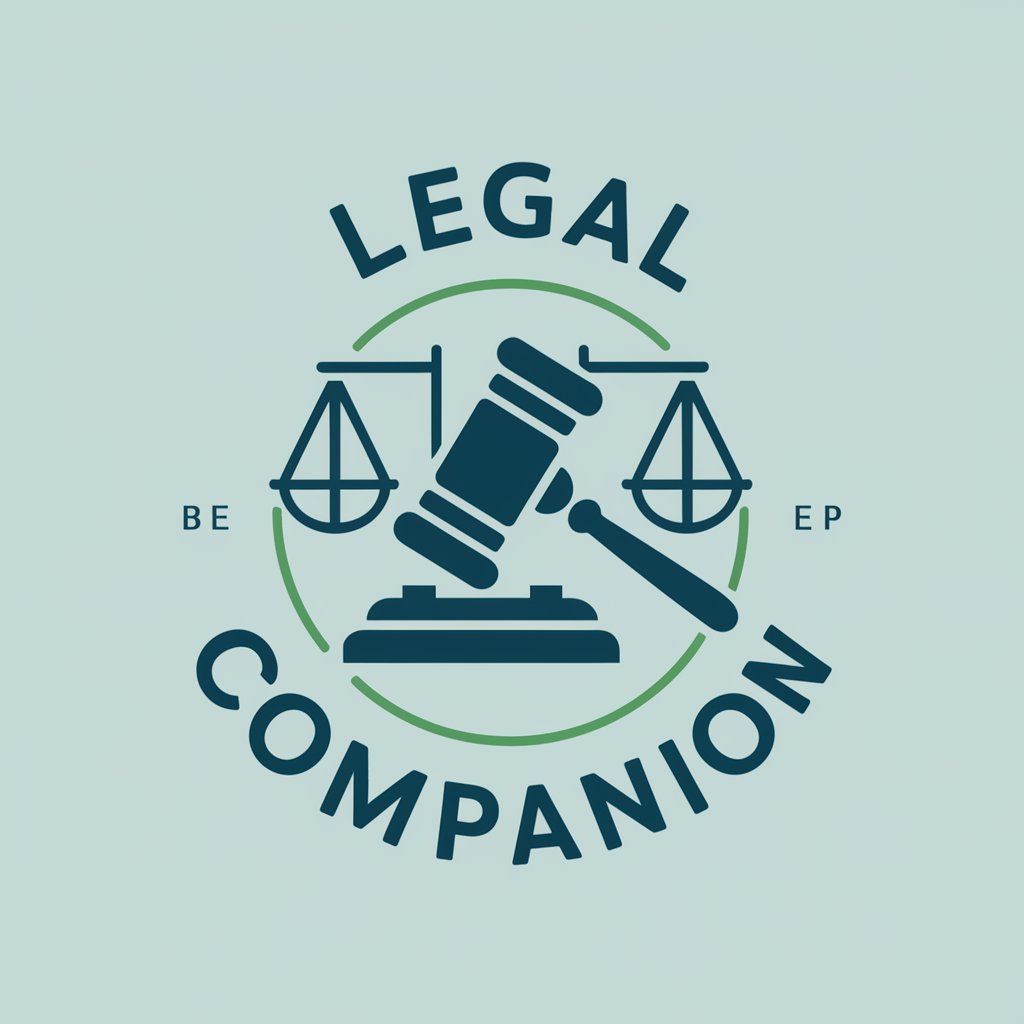
Game Master
Game Master: AI-powered gaming insights.

Career Finder
Empower Your Career with AI-Driven Insights

Text Craft AI
Empowering Creativity with AI
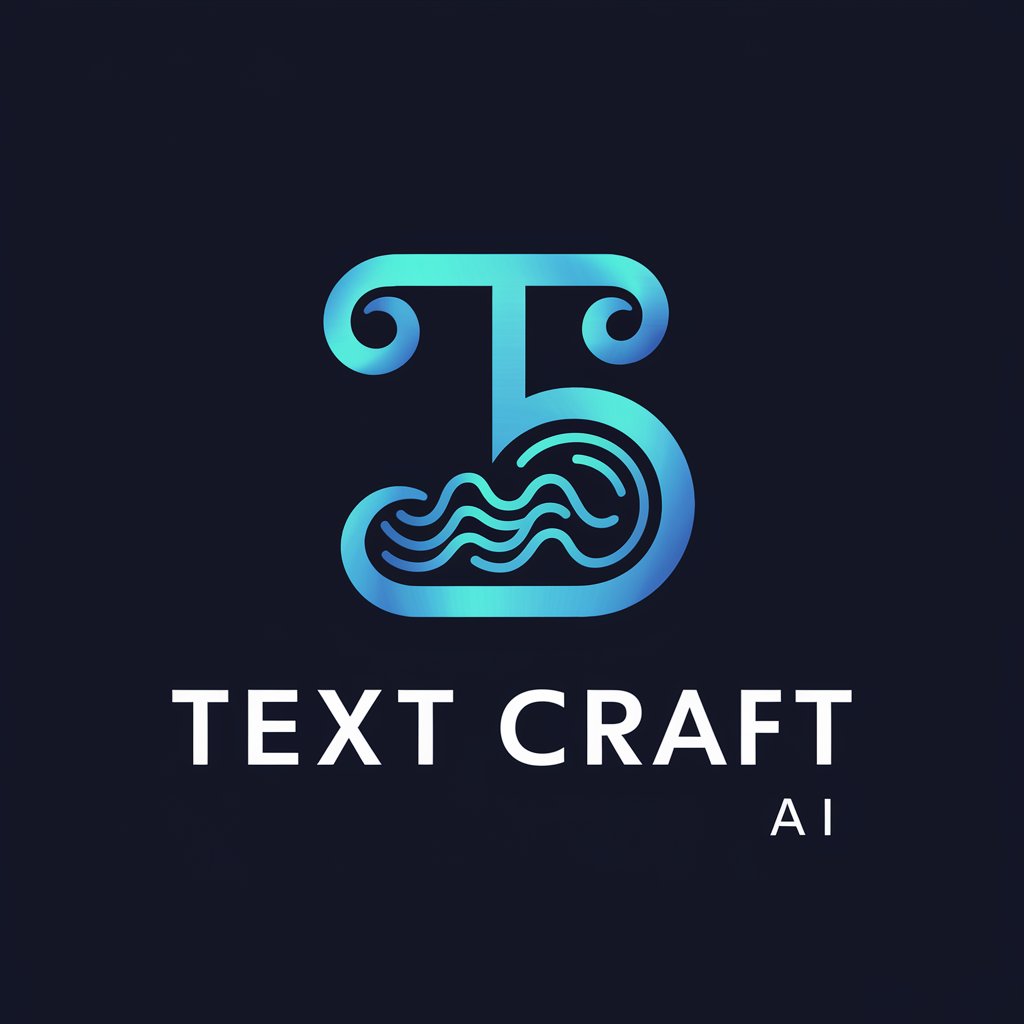
Message Optimizer
Enhance Your Messages, Maintain Your Voice

GPT Guide
Elevating GPT Projects with AI-Powered Insights
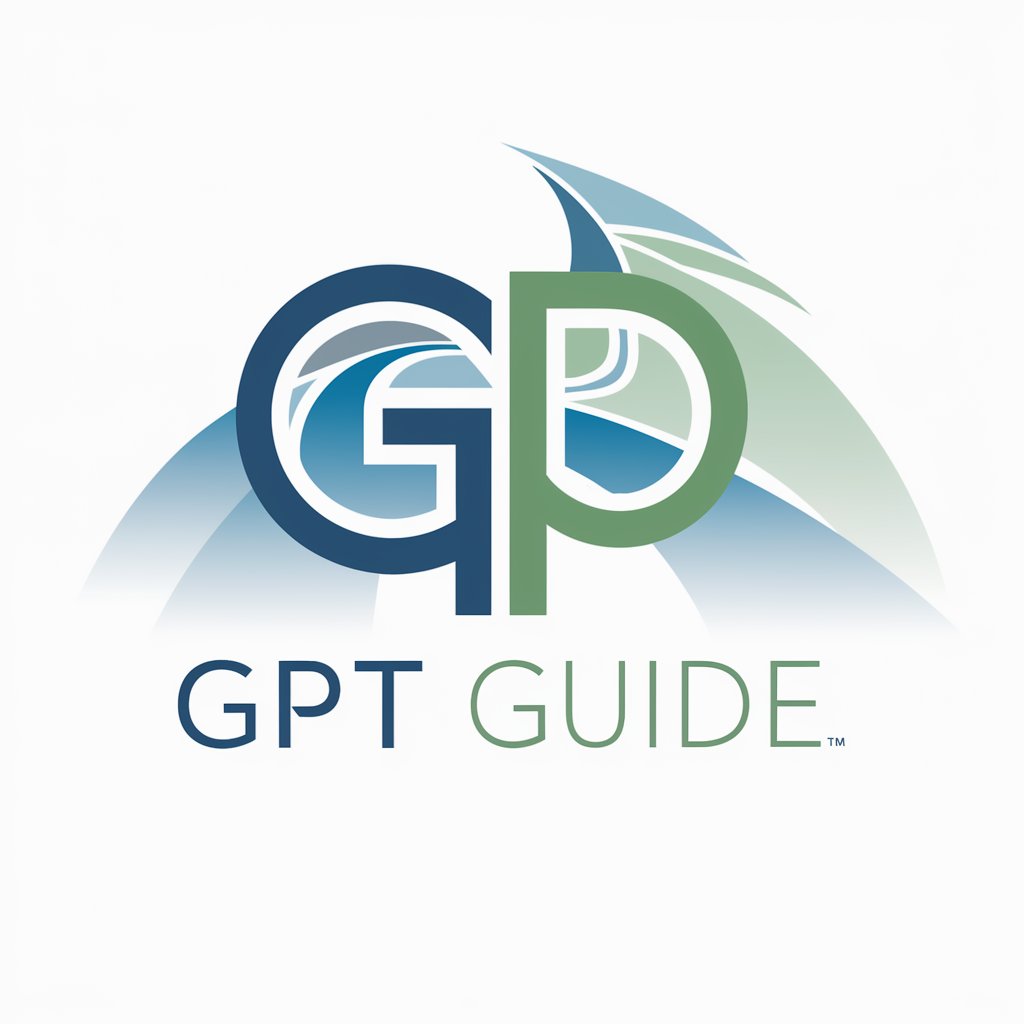
Legal Navigator
Unlock the power of AI legal assistance.
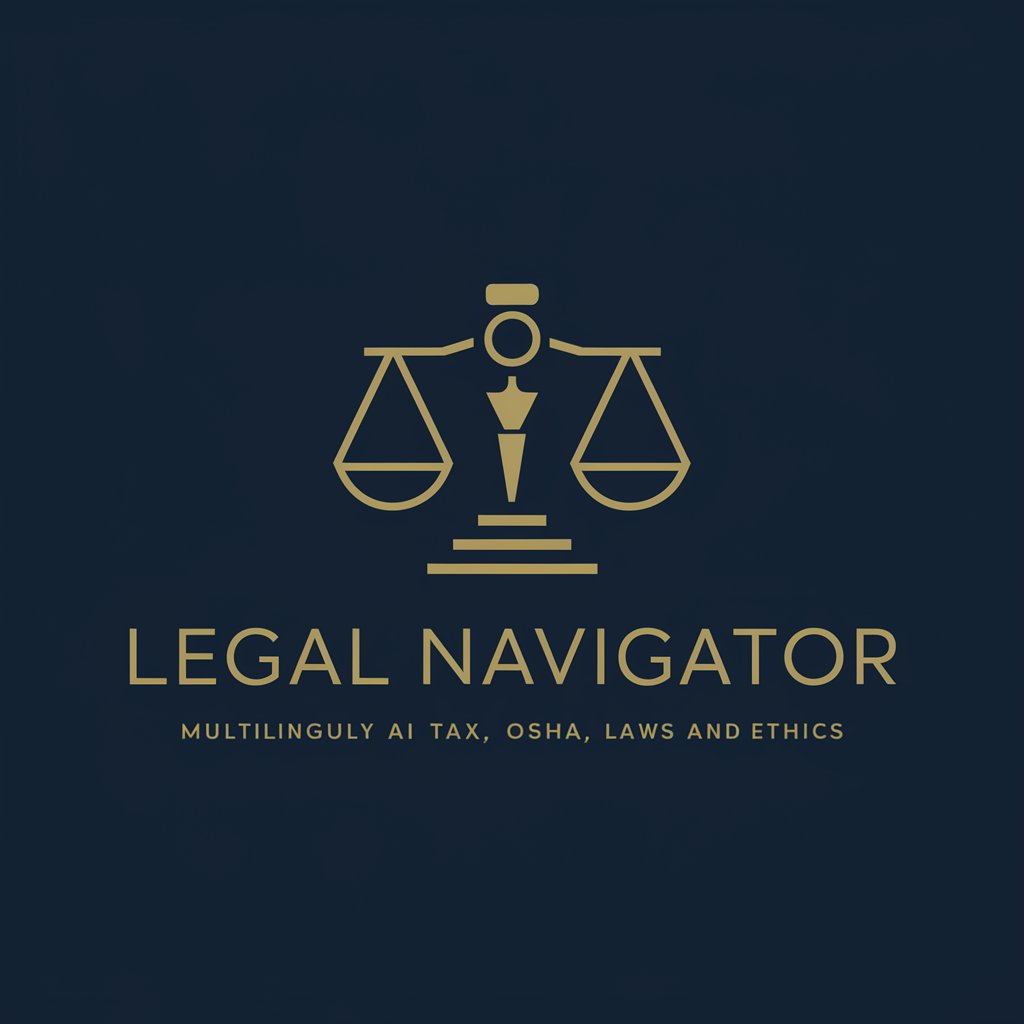
Lumina Starshine
Unlock inspiration with Lumina Starshine.

GPT Finder
Unlock knowledge with AI precision.

GPT Architect
Tailoring AI to Your Unique Needs

Frequently Asked Questions about LawGPT
Can LawGPT provide legal advice?
No, LawGPT is designed to analyze legal documents and provide insights, but it cannot replace professional legal advice or representation.
How accurate is LawGPT in analyzing complex legal texts?
LawGPT is trained on a wide range of legal documents, enabling it to provide detailed analyses. However, its accuracy can vary based on the complexity of the text and the specificity of the query.
Is LawGPT useful for non-lawyers?
Absolutely. LawGPT helps demystify legal language and concepts, making it a valuable tool for anyone needing to understand legal documents, including students, business professionals, and researchers.
Can LawGPT help in drafting legal documents?
LawGPT can assist by providing insights and examples of legal language and structure, but it should not be solely relied upon for creating legally binding documents.
Does LawGPT stay updated with current laws?
LawGPT is regularly updated with new legal information. However, users should always verify the currentness of legal data, as laws and regulations can rapidly change.
